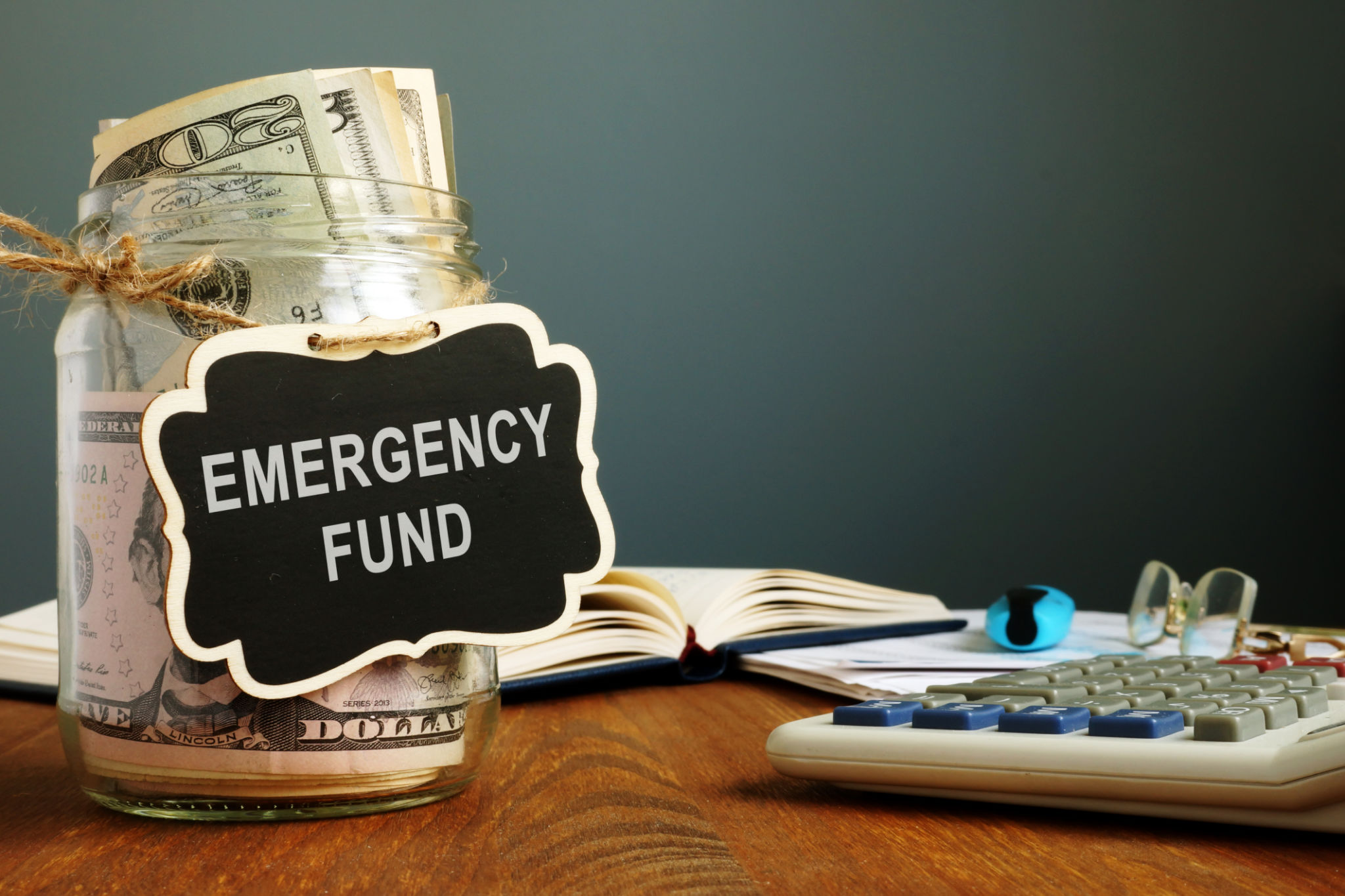Mastering Event Budgeting: Tips for Success
Ke
Understanding Your Event Budget
Planning an event starts with a clear budget. People often overlook this step, but it is crucial. Knowing how much you can spend helps you make better decisions.
First, list all possible expenses. This includes venue, food, decorations, and entertainment. Being thorough at this stage will save you headaches later.

Setting Priorities
Once you have a list of expenses, set your priorities. Decide what is most important for your event. This could be the venue, the food, or perhaps the entertainment.
Allocate more funds to high-priority items. This helps you stay on track and ensures that the key elements of your event shine.
Tracking Your Spending
Keep a close eye on your spending. Use a spreadsheet or budgeting software to track every expense. This makes it easier to see where your money is going.
Update your budget regularly. If you overspend in one area, adjust another to balance it out. Staying flexible is key to managing your budget effectively.
Negotiating with Vendors
Vendors play a big role in your event. Negotiating with them can save you money. Don't be afraid to ask for discounts or special deals.
Build good relationships with your vendors. A friendly rapport can lead to better prices and more flexible terms. Remember, they want your business too.
Planning for Contingencies
No event goes exactly as planned. Set aside a portion of your budget for unexpected costs. This could be extra supplies, last-minute changes, or emergency expenses.
Having a contingency fund gives you peace of mind. It ensures that you can handle surprises without breaking your budget.

After your event, review your budget. Compare your planned expenses to your actual spending. This helps you learn and improve for future events.
Identify areas where you overspent or saved money. Use this information to make better budgeting decisions next time. Each event is a learning experience.
Mastering event budgeting takes practice. By following these tips, you can plan successful events without financial stress. Stay organized, be flexible, and always review your spending. Your next event will be a triumph.